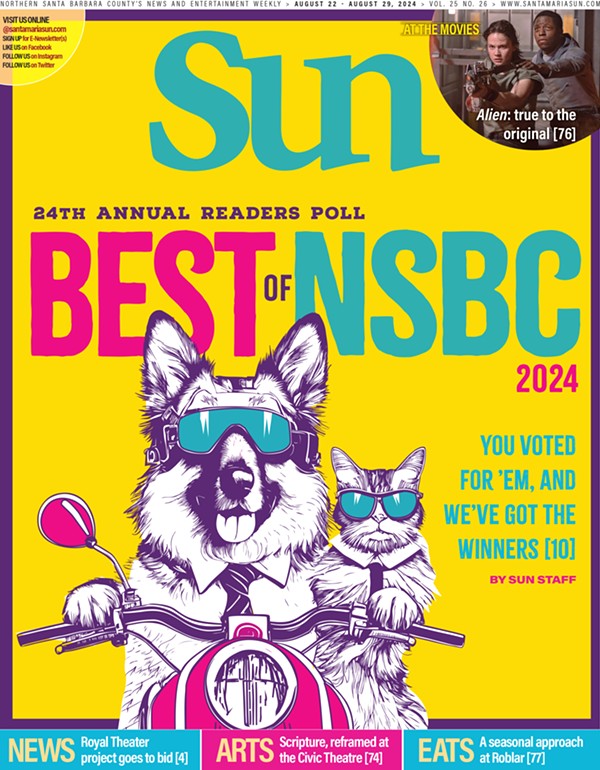The election season is in full swing locally, regionally, and nationally. In most places the candidate filing period is closed, and each candidate is busy trying to convince voters to support their ideas.
On the federal level, two very different people are competing to become the president of the United States; each has a public record; both are well known, and both the liberal and conservative media are trying to form your opinion on which one to choose.
Trying to figure out facts from fiction has become increasingly difficult. This hasn’t changed since newspapers in the 1800s, frequently several days old when they reached small towns, were often the only way “news” was spread across the country. It was the same when radio and then television came into being; the owners and editors of the news source controlled the storyline.
Today there is information overflow as folks, like me, exercise their First Amendment rights of free speech via print and electronic media to try and influence your thoughts. So-called “fact-checkers” are busy tearing apart each candidate’s statements; sometimes the “facts” they use to make their case are faulty too and then checked by other fact-checkers. The result is confusion.
I try to stay informed, but I am often confused when I hear two conflicting stories about the same event. Taken at face value, both arguments seem to be factually based, but only one can be true. Lacking the firsthand resources to validate each claim adds to the confusion. Add to that the internet chatter, and sorting out the confusion becomes impossible.
With local races it’s much easier to acquire information about a prospective officeholder. Most are well-known; some have a public record of their stances on issues, and others are relatively unknown. A search of the agenda and meeting minutes history can be a reliable source of information if the candidate has previously served in government.
Over the years I have noticed a trend for all candidates to support this or that cause; “I’ll fix the homeless problem” is a perfect example. The fixes usually result in massive amounts of taxpayer funds being thrown at the issue, and the result, like the homeless issue, is that the problem only gets worse.
Here in Lompoc, there are three candidates running for mayor. The current mayor is well-known and has been in office for several years; another is a former councilman and mayoral candidate who has lost several races; and the last is an unknown who has never served in any capacity in government.
As with all elections, there will be claims and counterclaims from each candidate as they try to take the center seat. In this case though, it will be much easier to separate fact from fiction because at least two of the candidates have well-established public records.
Everyone who is a registered voter can make up their own mind; some will try data mining, others just rely on instinct, and all should carefully read the voters’ guide because it can provide useful information. As with all other elections, try to think for yourself; read candidate statements, listen to their public comments, and see who you think is the best fit.
Just keep in mind that choosing who to vote for in the 2024 election will be fraught with information traps. Try avoiding the traps by careful research.
Meanwhile sit back and take in the spectacle created by the media to hype the various candidates and propositions on the ballot. These days, as in the 1800s, the “news business” is more about drama than it is about providing unembellished information supported by facts.
Ron Fink writes to the Sun from Lompoc. Send a letter for publication to [email protected].









